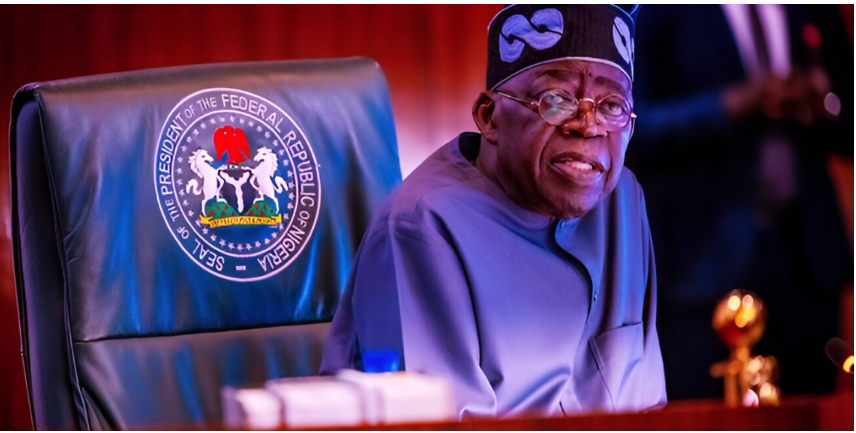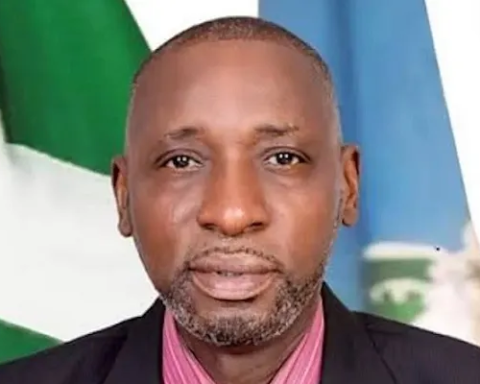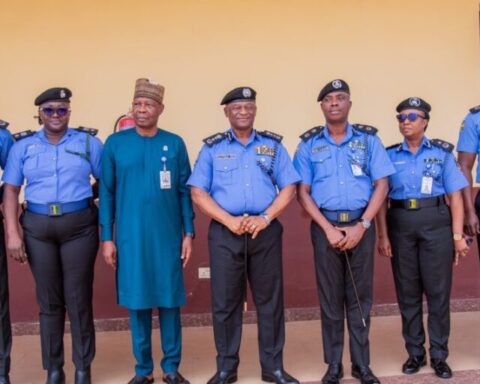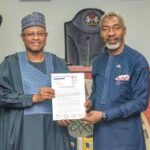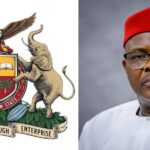President Bola Tinubu addressed a joint session of the National Assembly today, marking Democracy Day, and seized the moment to honor more than 60 Nigerians who helped shape the nation’s democracy. In his speech, he described the ceremony as a milestone in Nigeria’s democratic journey, saying the awards reaffirm “our commitment to freedom, transparency and social justice”. He cancelled the scheduled nationwide broadcast to personally present his message at the legislature, describing this chamber as the embodiment of “the will of the Nigerian people” and pledging an unwavering commitment to democratic ideals. Tinubu lauded his predecessor, Muhammadu Buhari, for formally designating June 12 as Democracy Day and for acknowledging the rightful winners of the annulled 1993 election, Chief MKO Abiola and his running mate, Baba Gana Kingibe.
Among the posthumous awards, Tinubu named Alhaja Kudirat Abiola, giving her the Commander of the Order of the Federal Republic (CFR) title and calling her “a heroine of the June 12 struggle.” He also honoured the late Shehu Musa Yar’Adua with the Grand Commander of the Federal Republic (GCFR), and awarded Commander of the Niger (CON) to figures like Prof. Humphrey Nwosu, Balarabe Musa, Alfred Rewane, Bola Ige, and Ogoni activist Ken Saro-Wiwa and his fellow Ogoni Nine, each receiving posthumous pardons.
For living Nigerians, Tinubu praised Nobel Laureate Prof. Wole Soyinka, awarding him Grand Commander of the Order of the Niger (GCON). Others honoured included veteran publisher Sam Amuka-Pemu (CON), civil rights lawyer Femi Falana (CON), Bishop Matthew Hassan Kukah (CON), and journalists Kunle Ajibade, Nosa Igiebor, and Dapo Olorunyomi (OON), noting the awards span regions, professions and faiths. The list also included current National Assembly leaders Senate President Godswill Akpabio and Speaker Tajudeen Abbas received GCON, while Deputy Senate President Jibrin Barau and Deputy Speaker Benjamin Kalu got CFR.
In his speech, Tinubu urged lawmakers to guard against one-party rule, pledging, “at no time … shall I view the notion of a one-party state as good for Nigeria.” He pressed for continued cooperation across government branches to preserve democratic gains since 1999, emphasizing the shared responsibility of government branches and citizens in sustaining democracy, Tinubu called for stronger collaboration between the executive and legislative arms, attesting “while we may not always agree, we must forge a way to work together”. He praised the National Assembly’s historical defense of democratic governance from blocking a potential third-term bid in 2006 to invoking the 2010 Doctrine of Necessity, and urged lawmakers to continue upholding constitutional integrity.
